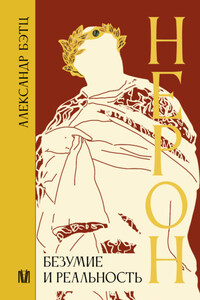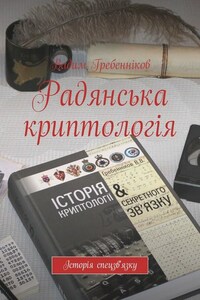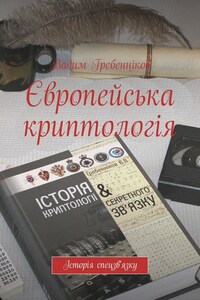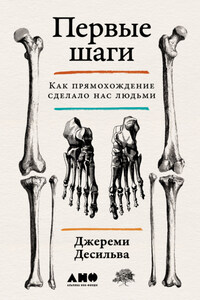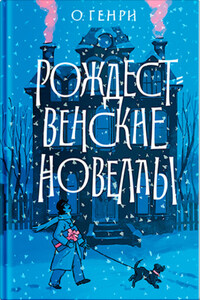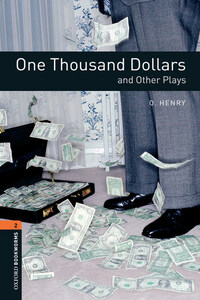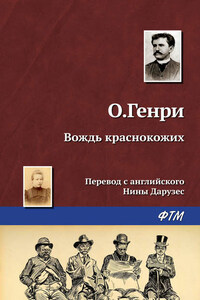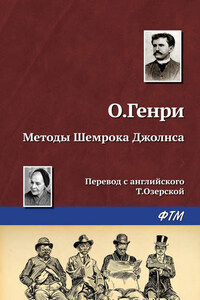On his bench in Madison Square[1] Soapy moved uneasily. A dead leaf fell onto his arm. Winter was coming, and Soapy knew that he must make his plans. And therefore moved unhappily on his seat.
The ambitions of Soapy were not very high. He did not dream about Mediterranean cruises, or Southern skies. Three months on the Island was what his soul wished. Three months of assured board and bed[2] and congenial company seemed to Soapy the essence of things desirable[3].
For years the hospitable prison had been his winter quarters. And now the time was come because, at night on his seat in the square, three newspapers did not keep out the cold.
So Soapy decided to go to prison, and at once began to try his first plan. It was usually easy. There were many easy ways of doing this. The pleasantest was to dine luxuriously at some expensive restaurant. He ate dinner in an expensive restaurant. Then he told them he had no money and they called a policeman. Nice and easy, with no trouble.
Soapy left his bench and walked slowly along the street, where Broadway[4] and Fifth Avenue flow together. Up Broadway he turned, and halted at a glittering café.
Soapy had confidence in himself from the lowest button of his vest upward. He was shaven, and his coat was decent and his neat black tie had been presented to him by a lady missionary on Thanksgiving Day[5]. If he could reach a table in the restaurant unsuspected success would be his. The portion of him that would show above the table would raise no doubt in the waiter’s mind. He just had to get to a table in the restaurant and sit down. That was all, because, when he sat down, people could only see his coat and his shirt, which were not very old. Nobody could see his trousers. A roasted duck, with a bottle of wine, and then cheese, a cup of coffee and a cigar. One dollar for the cigar would be enough. The meat would leave him filled and happy for the journey to his winter refuge.
But when Soapy went into the restaurant, the waiter’s eye fell upon Soapy’s dirty old trousers and decadent shoes. Strong and ready hands turned him round and helped him out into the street again.
Soapy turned off Broadway. So now he had to think of something different. Soapy walked away from Broadway and soon he found himself on Sixth Avenue. He stopped in front of a shop window and looked at it. It was nice and bright, and everybody in the street could see him. Slowly and carefully he picked up a stone and threw it at the window. The glass broke with a loud noise. Soapy stood still, with his hands in his pockets, and smiled at the sight of brass buttons.
“Where’s the man that done that?” inquired the officer excitedly.
He stood there with his hands in his pockets, and he smiled.
“Perhaps I did,” said Soapy, not without sarcasm, but friendly.
The policeman’s mind refused to accept Soapy even as a clue. Men who smash windows do not remain to chat with the police officers. They run away. And just then the policeman saw another man, who was running to catch a bus. So the policeman ran after him. Soapy watched for a minute. Then he walked away. No luck again! Soapy, with disgust in his heart, walked away, twice unsuccessful.
On the opposite side of the street was a little restaurant. Soapy entered. This time nobody looked at his trousers and his shoes. At a table he sat and consumed beefsteak, flapjacks, doughnuts and pie. He enjoyed his meal, and then he looked up at the waiter, smiled and said, “I haven’t got any money, you know. Now, call a cop. And do it quickly, don’t keep a gentleman waiting.”
“No cops for you,” said the waiter, with a voice like butter cakes and an eye like the cherry in a cocktail. “Hey, Con!”
Another waiter came, and together they threw Soapy out into the cold street. Soapy lay there, very angry. With difficulty, he arose and beat the dust from his clothes. Arrest seemed but a rosy dream. The Island seemed very far away. A policeman who stood before a drug store two doors away laughed and walked down the street.
Five blocks Soapy traveled before tried again. This time it looked easy. A young woman of a modest guise was standing before a show window, and two yards from the window a large policeman leaned against a water plug[6].
Soapy went toward the young woman. He saw that the policeman was watching him. Then he said to the young woman, with a smile, “Why don’t you come with me, my dear? I can give you a good time.”
The policeman was still looking. In a minute she would call the policeman. Soapy could almost see the prison doors. The young woman faced him and, stretching out a hand, caught Soapy’s coat sleeve.
“Sure, Mike,” she said joyfully, “if you buy me a drink. I wanted to speak to you sooner, but the cop was watching.”
Poor Soapy walked away with the young woman, who still held on to his arm. “I’m never going to get to prison,” he thought. At the next corner he shook off[7] his companion and ran. Slowly, he walked on and came to a street with a lot of theatres. There were a lot of people there, rich people in their best clothes. Soapy had to do something to get to prison. He did not want to spend another night on his seat in Madison Square. What could he do? Then he saw a policeman near him, so he began to sing. He danced, howled, raved and otherwise disturbed the welkin.

